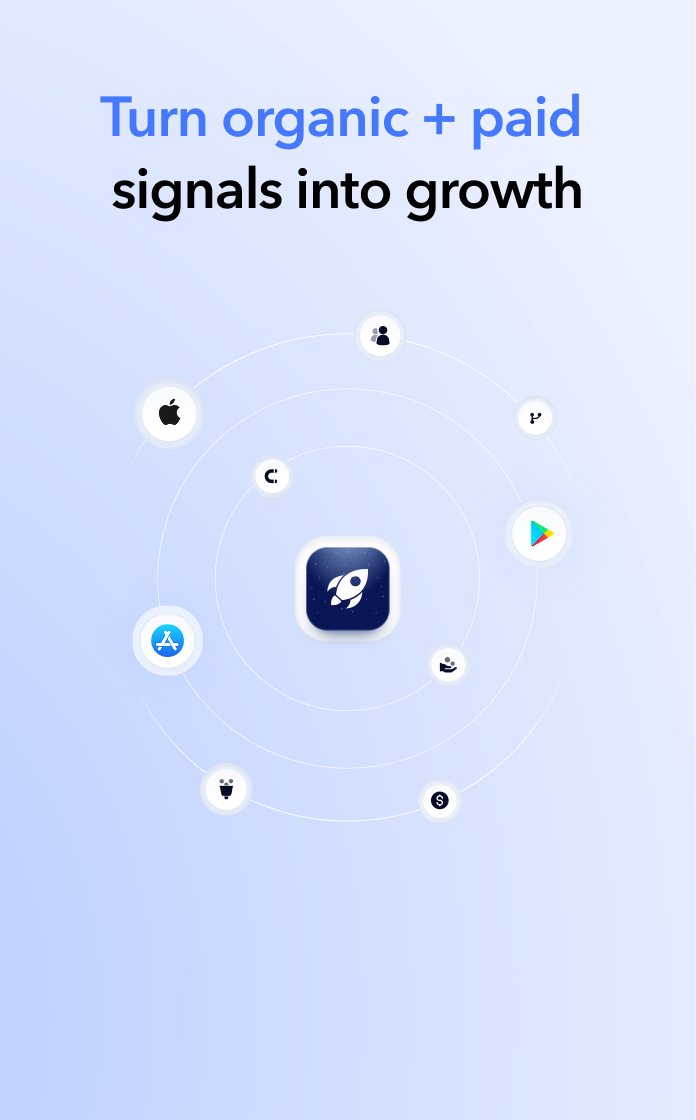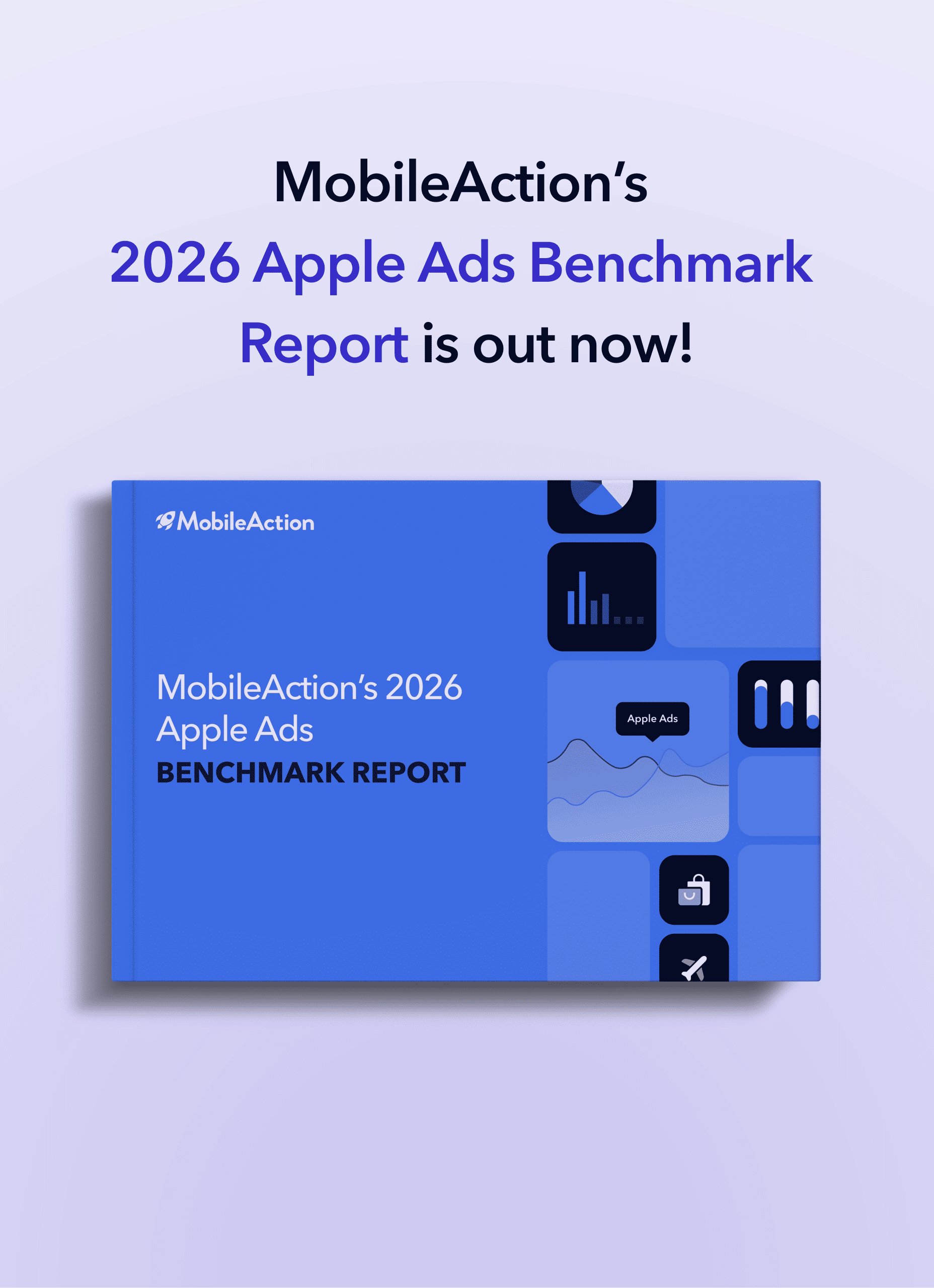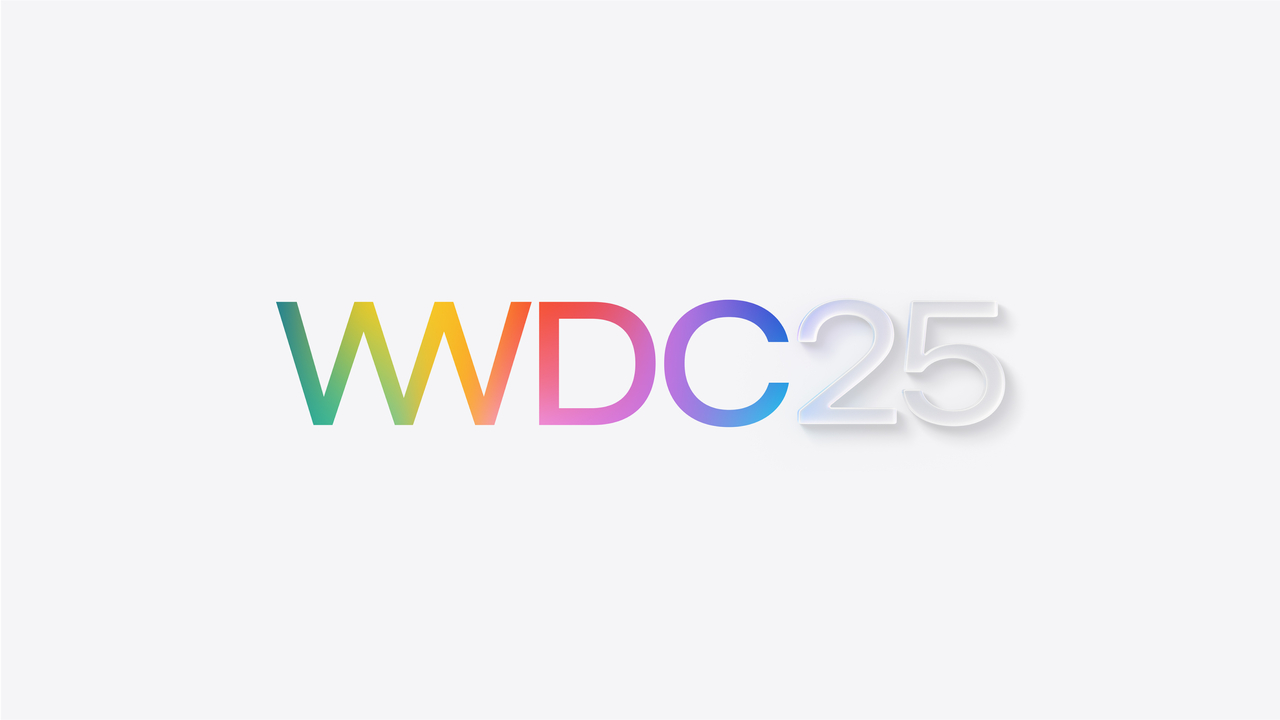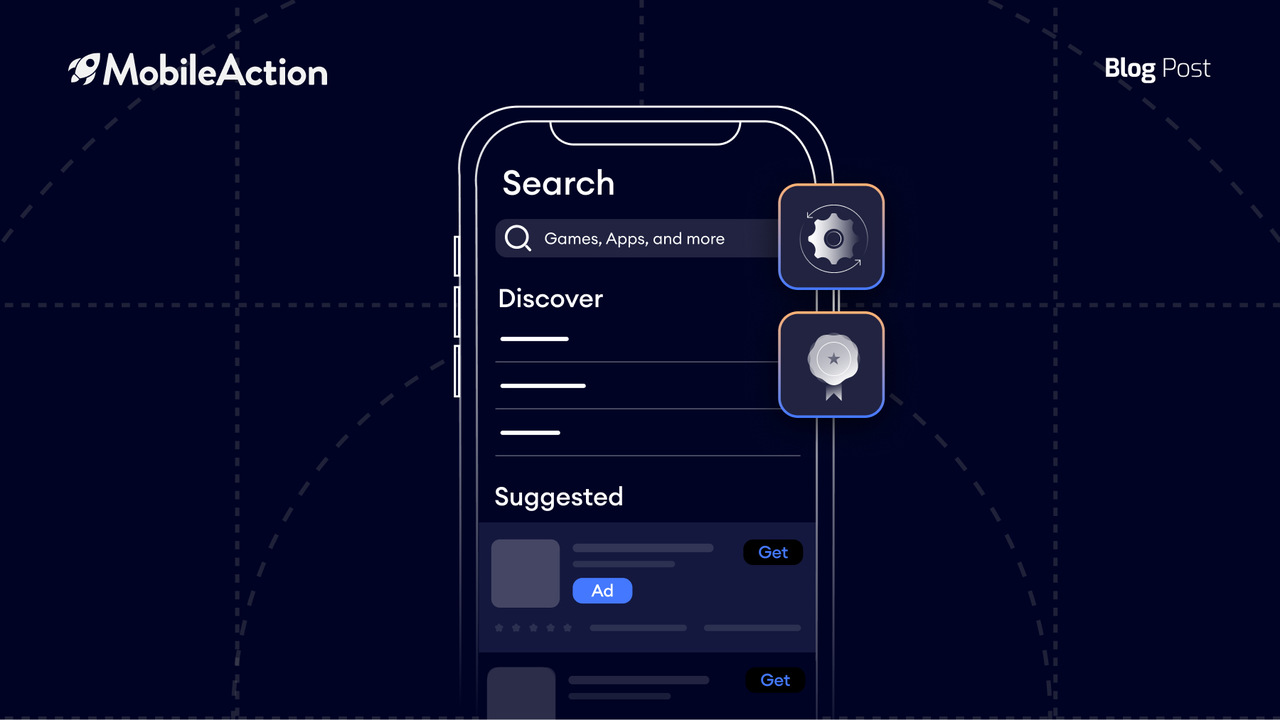Both being related to the App Store search, ASO and Apple Search Ads are ways of showcasing your app and actually the most effective way of acquiring new users. 65% of all iOS downloads happen after a search on the App store with an intention to download rather than only to discover (searchads.apple.com). Even though they might seem quite separate because one is organic (ASO) and the other is a paid (Apple Search Ads) channel, ASO and Apple Search Ads are very closely connected in various ways.
Let’s see their correlation and how you can benefit from them to boost your performance in Apple Search Ads in detail.
What is ASO?
The App Store is the leading channel to download apps and most users have a tendency to tap on the top-ranked apps in the App Store. There are many factors that influence an app’s ranking in the App Store search results, and optimizing your app’s relevancy in accordance with these factors will increase the possibility of your app to achieve higher ranks. In other words,App Store Optimization (ASO) helps your app to reach higher ranks in the App Store, and thus potentially receive higher installs.
Among these factors, there are:
- Using right & compatible Apple Search Ads keywords in your metadata:
– App title
– Subtitle
– Description
– App Store connect keywords
- Visuals & assets
Choosing the right keywords is the primary element you need to prioritise for ASO. You should consider using profitable keywords that define your app best and are likely to be searched for in App Store search by users.
If the keywords you use in your metadata correspond to the user’s search terms, your app is more likely to be ranked higher, because Apple will find your app as the right fit for the user’s needs.
What is Apple Search Ads?
ASA stands for “Apple Search Ads”, and these advertisements are located at the top of the App Store search results page.
Apple Search Ads is a very effective tool in acquiring users for your app. The main reason for this is that, as mentioned above, being located at the top in the search results will help you increase your taps & downloads.
As in ASO, Apple Search Ads has its own unique metrics and tactics in itself. There will be only one app that will be displayed in the Search Ads, so being featured can be very competitive from time to time.
- Keywords’ relevancy to your app
- Keywords’ volumes
- Optimal bid for a specific keyword
- Match type usage of the keywords
- Campaign & ad group structure
and many other factors have to be examined thoroughly in order to increase the chance to be featured in Search Ads by Apple.
We know once you bid for a keyword, you enter an auction. But it is proven that the relevancy of an app to a keyword is as equally important as the amount of bids. The reason is simple: A user that searches for a keyword is looking for a corresponding app to this keyword. In other words, if the keyword that the user is searching for is “free games for kids”, this user is looking for free games that are suitable for children. If you have a paid gaming app that is mainly for adults, your app is not a good match for this user.
If you bid for that keyword which is not related to your app’s features, the users who search for this keyword are unlikely to tap on your app because they will think that it is not what s/he is looking for. Even if this potential user taps on your app, s/he is unlikely to download it. And somehow, if s/he downloads the app, it is more likely that the user will delete your app since it wasn’t the expected app in the first place. The result is, you will be charged for the taps your app receives, and even if your app is downloaded, the user will not convert to a lasting user. You will only lose money without acquiring quality users.
The Correlation between ASO & Apple Search Ads
Theoretically, ASO and Apple Search Ads go hand in hand. Their consistency with each other has an impact on their success. Let’s see evidence of this correlation in detail with an example from the SearchAds.com platform.
How do ASO and Apple Search Ads Go Hand in Hand?
Both for ASO and Apple Search Ads, keywords are the primary thing to consider as the users will find your app via searching these keywords.
Let’s say that you are an Apple Search Ads manager, and you want to optimize your performance of Apple Search Ads results. You made your keyword research thoroughly and found the keywords that are the best fit for your app’s features. You found the variations of your Brand and Competitor keywords. Your campaign structure (Brand, Generic, Competitor, Discovery), match type usage (exact/broad match keyword usage), and every other factor that are crucial for Apple Search Ads are set flawlessly.
However, there are some keywords that you expected to perform very well since they were relevant to your app. But you can’t spend for these keywords no matter how high your bid for these keywords is.
The possible reason for this is the fact that these keywords aren’t aligned with the keywords in your metadata. In order to increase the probability for your app to be displayed in Search Ads, Apple’s algorithm needs to see your metadata consistent with the keywords you are bidding on in Apple Search Ads. Thus, Apple will consider your app as the best fit for the user searching for an app, and will potentially choose your app for Search Ads.
Let’s consolidate this theory with an example from 2 finance apps that are using SearchAds.com. They are in the same genre and they are bidding for very similar keywords. However, while one of these apps is getting results from the keyword “money management”, the other app can’t spend for the exact same keyword even though its bid is more than double of the former’s (considering the same time period in both apps).
Here is the first app that has both higher spend and organic rank for the “money management” keyword with lower bids compared to the other app. We see that this app’s organic ranking for this keyword is 24, and still increasing.
Here is the second finance app that has a little spend for the “money management” keyword even though it has higher bids. This app doesn’t have an organic ranking for this keyword. And when compared to the previous app, the spend for this keyword is quite low.
Here’s another example from 2 health and fitness apps. They are both meditation kinds of apps and include very similar keywords in their campaigns. One of these keywords is “relax”. Let’s compare their performances (in the same date period). In the first app, the bid amount for the “relax” keyword is 3$, it doesn’t have spend and it doesn’t have organic ranking for this keyword.
For the same keyword, the other app has 2.90$ and 1.22$ bids in different campaigns. One of them has 1.600$+ spend and its organic ranking for this keyword is 3.
Even though the first app had a higher bid for the “relax” keyword, it has neither spend nor organic ranking. But the second app has lower bids but has a considerable spend and a very high organic ranking.
So what is the reason behind this? Do higher bids not mean winning the auction?
Yes, it does, but there are other dynamics, and one of them is what we explained above: the correlation between ASO and Apple Search Ads.
When we examined the reason behind this, we realised that the first app that has spending on the “money management” keyword with lower bids used this keyword in its app metadata while the latter app didn’t use it in its metadata at all.
What can be done at this point is that if you realise one keyword that doesn’t perform almost at all (but you have well-performing close variants of this keyword) or if you realise some keywords that are very closely related to your app’s features but barely have spend, try to use these keywords in your metadata in your next update.
This will increase your app’s relevancy to these keywords and you will finally be able to increase your performance on them.
If you have any questions or if you would like to dig deeper into detailed strategies about both Apple Search Ads and ASO, justschedule a demo with our experts. We would love to talk and share our suggestions with you.



































